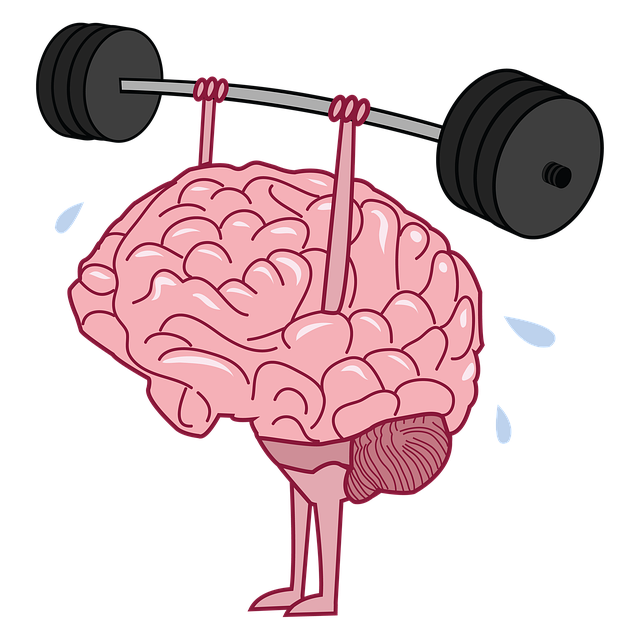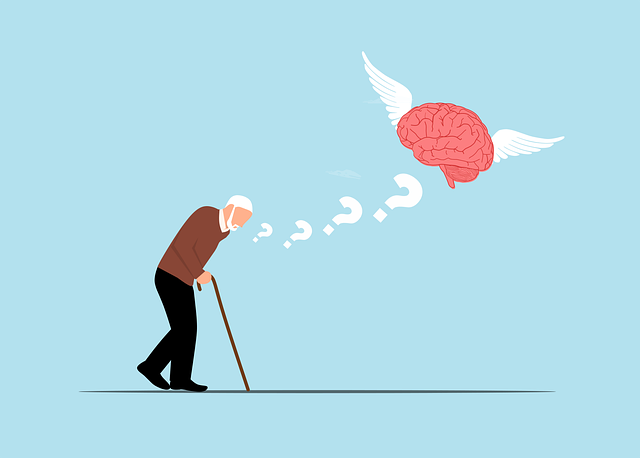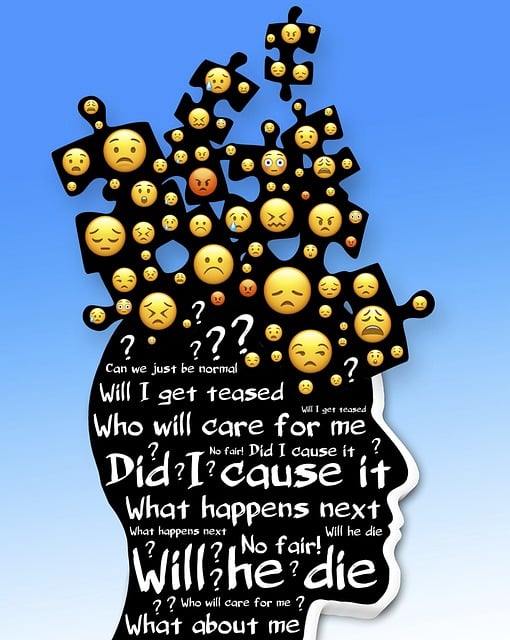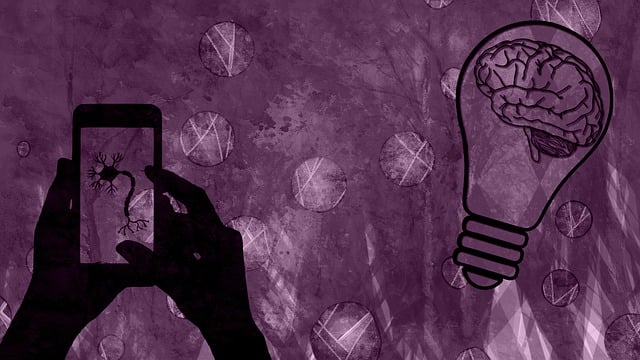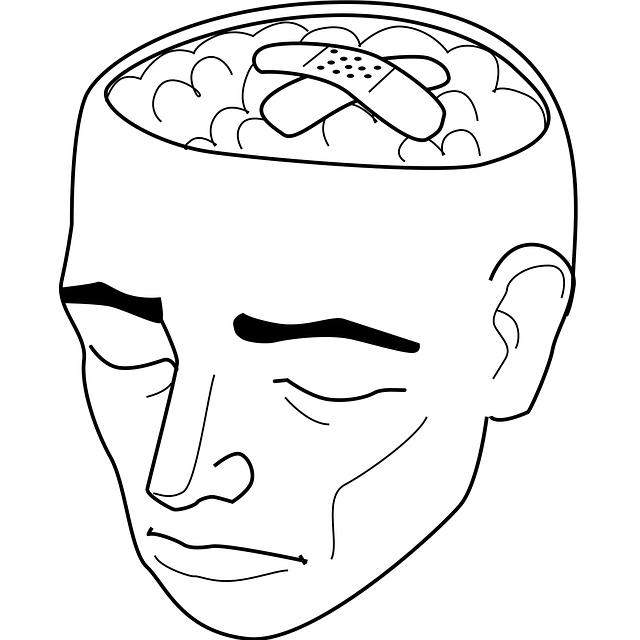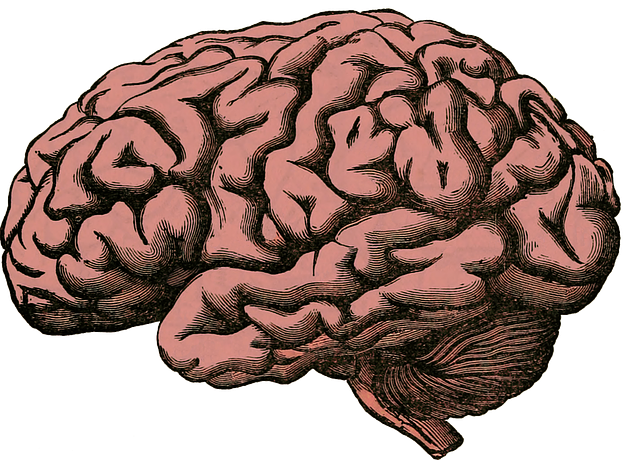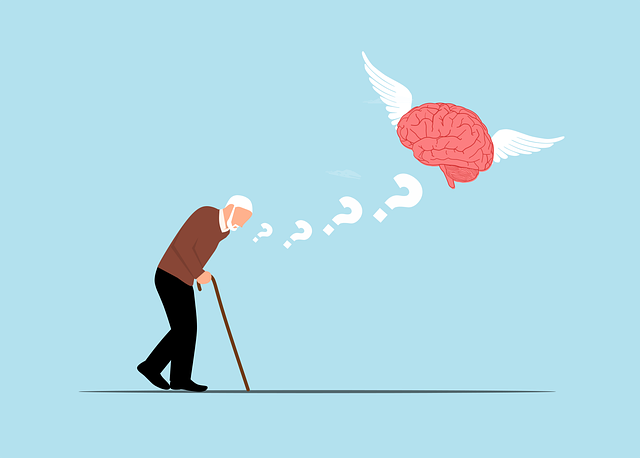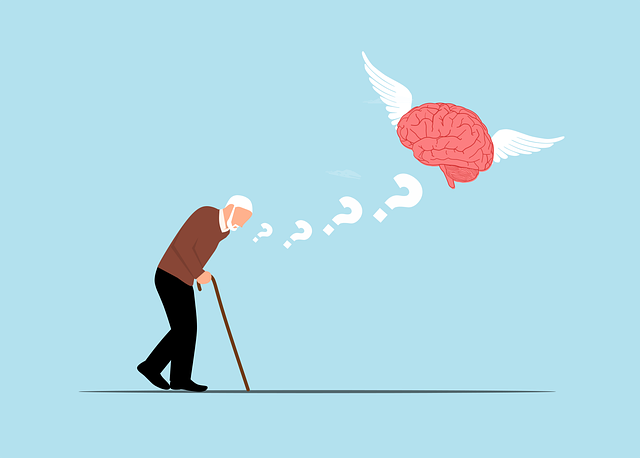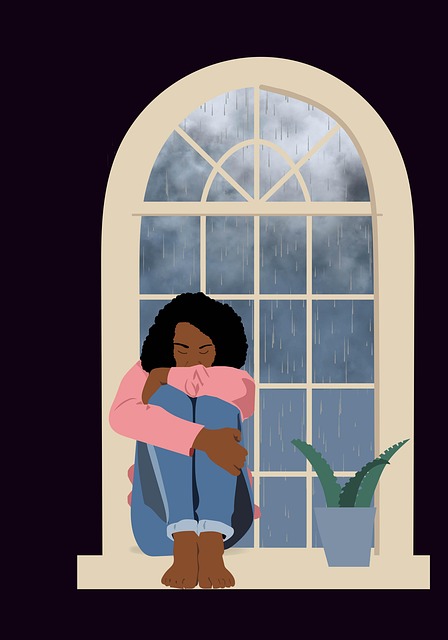Mental wellness apps tailored for teens with learning disabilities are a crucial, modern approach to therapy, offering accessible and engaging support through interactive games, mindfulness exercises, and virtual coaching. These apps address unique challenges in traditional settings, fostering compassion, enhancing social skills, building resilience, and improving self-esteem. Effective design includes tailored content, crisis intervention, simple navigation, gamification, and feedback mechanisms. Key drivers for success include peer influence marketing, community creation, school collaboration, free trials, and rigorous risk assessment, ensuring these apps provide safe, ethical therapy for adolescent teens with learning disabilities.
Mental wellness apps have emerged as powerful tools, especially for adolescent teens with learning disabilities. This article explores the growing need for such applications, delving into effective design strategies and marketing approaches. We discuss how mobile platforms can offer tailored therapy sessions, catering to the unique challenges faced by this demographic. By understanding user requirements, app developers can create engaging content, ensuring successful adoption and a positive impact on teen mental health, particularly in addressing learning disabilities.
- Understanding the Need for Mental Wellness Apps for Teens with Learning Disabilities
- Designing Effective Therapy Features within Mobile Applications
- Marketing and User Adoption Strategies for Mental Health App Success among Adolescents
Understanding the Need for Mental Wellness Apps for Teens with Learning Disabilities

In today’s digital age, the development of mental wellness apps tailored for teens with learning disabilities is more crucial than ever. These individuals often face unique challenges that traditional therapy settings might not fully address. Learning disabilities such as dyslexia, ADHD, or autism spectrum disorder can impact a teen’s ability to engage in social interactions, process information, and manage stress, all of which are essential aspects of their overall well-being.
Mental wellness apps offer a promising solution by providing accessible and personalized support. Through innovative features like interactive games, mindfulness exercises, and virtual coaching, these apps can foster compassion cultivation practices, enhance social skills training, and empower teens to take charge of their mental health. By incorporating evidence-based mind over matter principles, apps specifically designed for this demographic can help them build resilience, improve self-esteem, and develop effective coping mechanisms. This digital approach ensures that teens receive the necessary therapy for adolescent teens with learning disabilities in a way that feels natural and engaging.
Designing Effective Therapy Features within Mobile Applications

Designing effective therapy features within mobile applications requires a deep understanding of the specific needs and challenges faced by adolescent teens with learning disabilities. Apps should incorporate tailored content, such as interactive exercises focused on resilience building, to help users develop coping strategies that enhance their emotional well-being promotion techniques. By integrating crisis intervention guidance seamlessly, these apps can provide immediate support during distressing moments, ensuring a holistic approach to mental wellness.
The interface and user experience play a pivotal role in engagement. Simple, intuitive navigation and visually appealing designs can significantly impact the effectiveness of therapy features. Incorporating gamification elements, like rewards for consistent usage or milestones reached, can motivate teens to stick with their mental health routines. Moreover, integrating feedback mechanisms allows professionals to monitor progress and offer personalized recommendations, fostering a supportive environment that encourages open communication and continuous improvement.
Marketing and User Adoption Strategies for Mental Health App Success among Adolescents

Marketing and User adoption strategies play a pivotal role in the success of mental health apps among adolescents. One effective approach is to leverage peer influence and create a sense of community within the app, as teens are more likely to engage with platforms that feel relatable and socially interactive. Featuring user testimonials and success stories from fellow teenagers can be powerful incentives for downloads and active usage.
Additionally, collaborating with schools, youth organizations, and mental health professionals is essential. Integrating the app into existing support systems and educational frameworks ensures a more seamless experience for adolescents seeking therapy for learning disabilities or other mental health concerns. Offering free trials, samples of the app’s features (like Mental Wellness Journaling Exercise Guidance), or even a series of introductory Mental Wellness Podcast episodes can further encourage adoption. A comprehensive risk assessment for mental health professionals involved in app development is also crucial to ensure safety and ethical guidelines are met.
Mental wellness apps offer a promising avenue for providing tailored therapy and support to adolescent teens with learning disabilities. By integrating effective features within mobile applications, developers can create engaging and accessible tools that address specific mental health needs. With the right marketing strategies focused on user adoption among adolescents, these apps have the potential to significantly improve access to care and enhance overall mental wellness in this vulnerable population. Incorporating user feedback and continuously refining app designs will ensure their success and sustainability in a competitive market.
